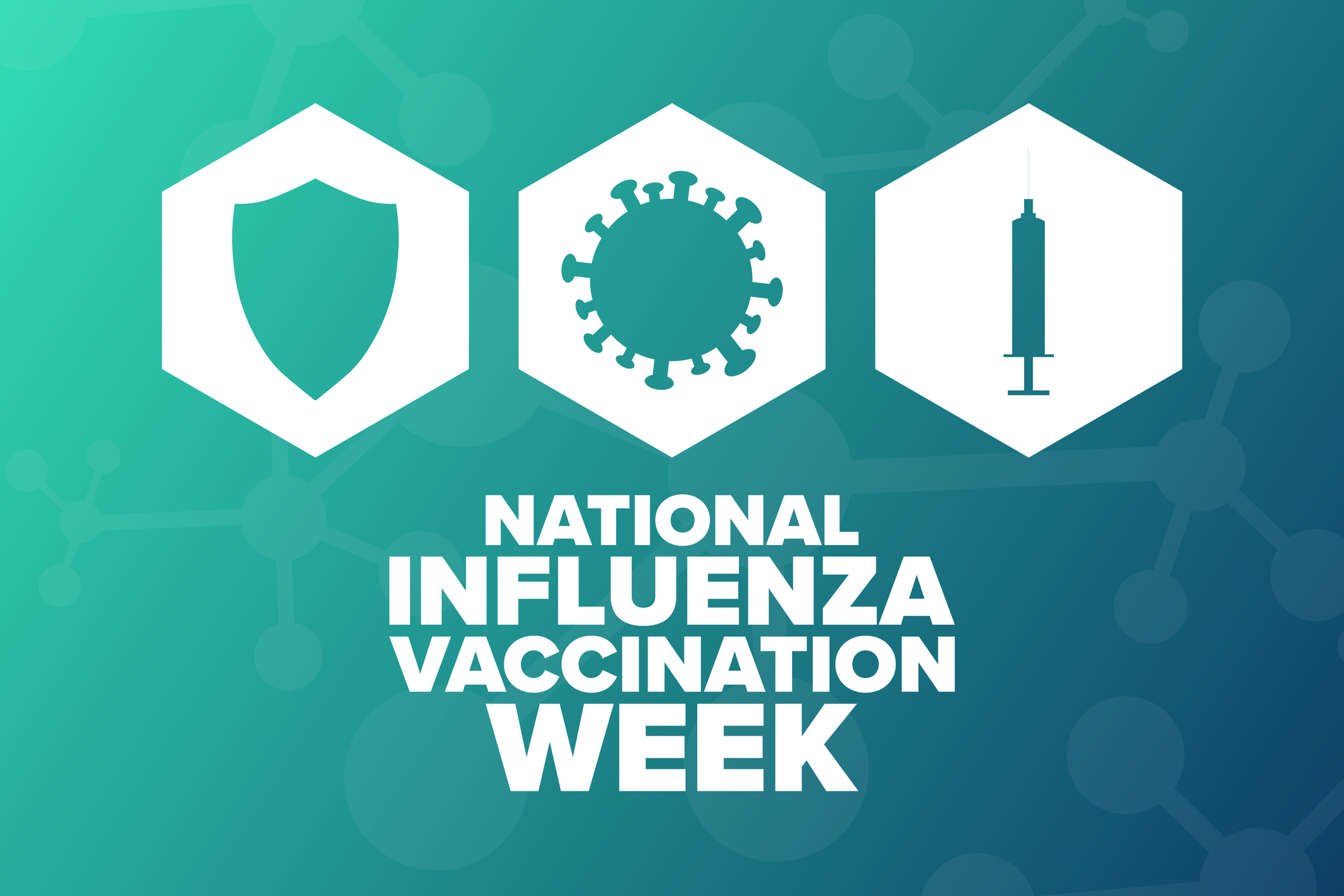When people live through a traumatic event such as a war, an act of violence, a rape, a serious accident, an act of terrorism, or have been seriously threatened, they may experience Post-traumatic Stress Disorder, also known as PTSD. This is a mental health disorder that affects approximately 3.5% of the U.S. population. PTSD is known to occur more commonly in women than men and certain ethnic groups including Latinos, African Americans, and American Indians.
When people go through traumatic events they may not necessarily experience the effects immediately. It is not uncommon for the symptoms to start anywhere from a month to several years after the event. Sometimes traumatic events that occur during childhood may not manifest until later in life.
Symptoms of PTSD can vary from person to person and are divided into four groups: Intrusive memories, avoidance, changes in emotional and physical reactions, and negative changes in thinking.
Symptoms of intrusive memories include:
- Flashbacks
- Nightmares
- Severe emotional distress or physical reactions
Symptoms of avoidance include:
- Avoiding certain places that remind you of the event
- Avoiding talking about the event
Symptoms of changes in emotional and physical reactions include:
- Easily frightened
- Difficulty sleeping
- Difficulty concentrating
- Aggressive behavior
Symptoms of negative changes in thinking include:
- Feeling hopeless
- Negative thoughts about the world or yourself
- Difficulty maintain relationships
- Sense of detachment
Long-term PTSD may lead to alcohol or substance abuse, eating disorders, thoughts of suicide or depression. Complications can also lead to poor coping skills, loss of work, loss of relationships and health complications.
Anyone who has experienced a traumatic event and has any PTSD symptoms that last more than a few weeks should seek professional care. If any of the symptoms are so severe that they may lead to physical danger, for themselves or to someone else, 911 should be called immediately. If you would like to schedule an appointment with a mental health professional at Flushing Hospital Medical Center please call, 718-670-5486.
All content of this newsletter is intended for general information purposes only and is not intended or implied to be a substitute for professional medical advice, diagnosis or treatment. Please consult a medical professional before adopting any of the suggestions on this page. You must never disregard professional medical advice or delay seeking medical treatment based upon any content of this newsletter. PROMPTLY CONSULT YOUR PHYSICIAN OR CALL 911 IF YOU BELIEVE YOU HAVE A MEDICAL EMERGENCY.




